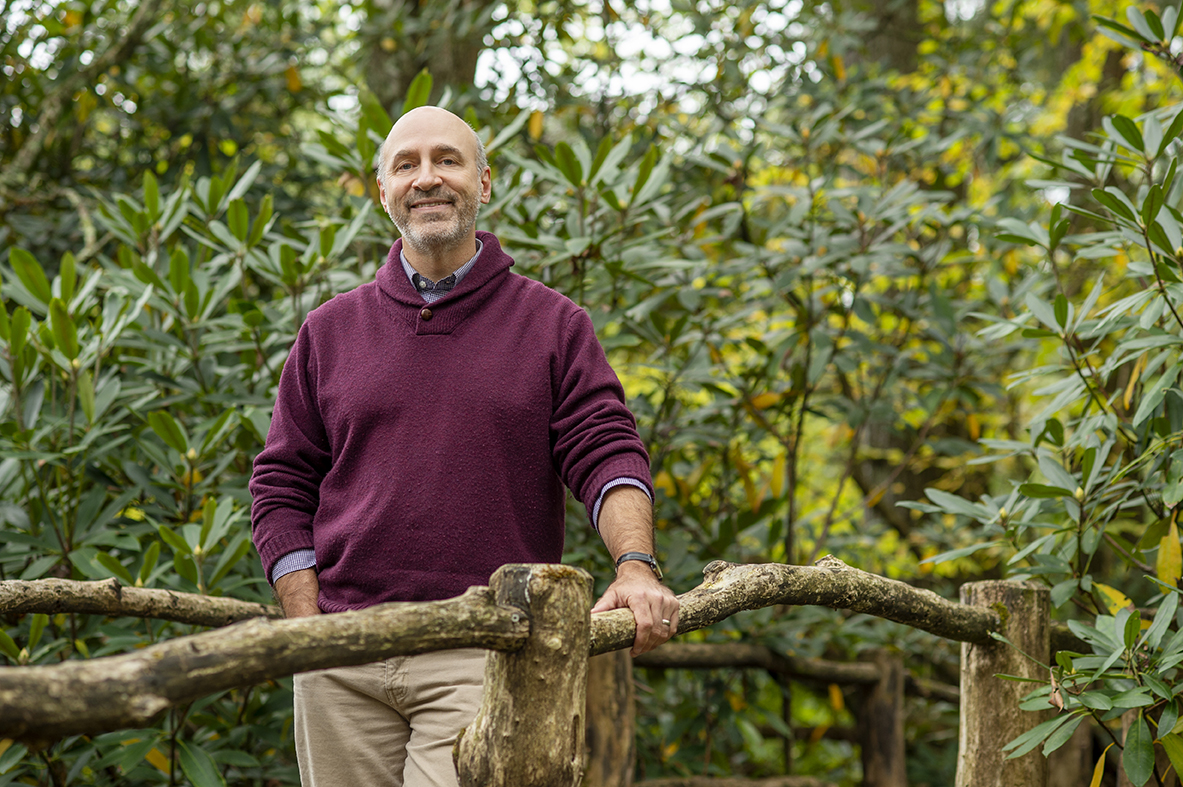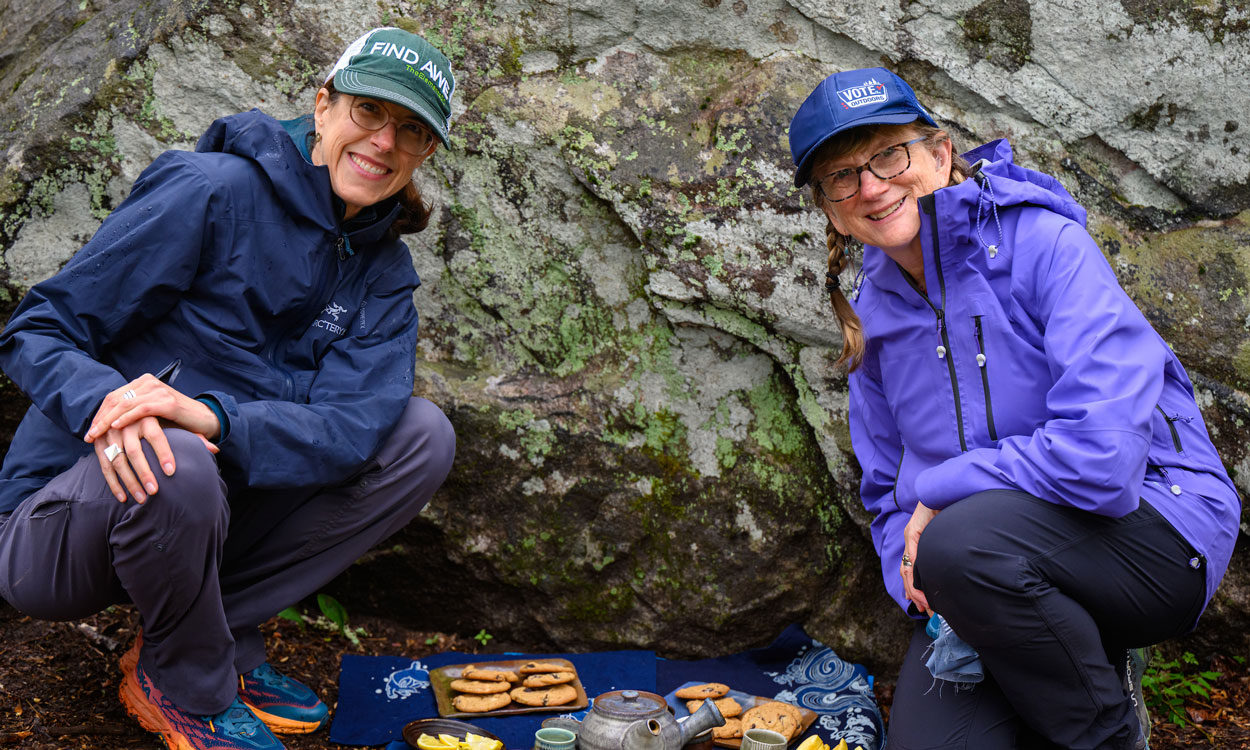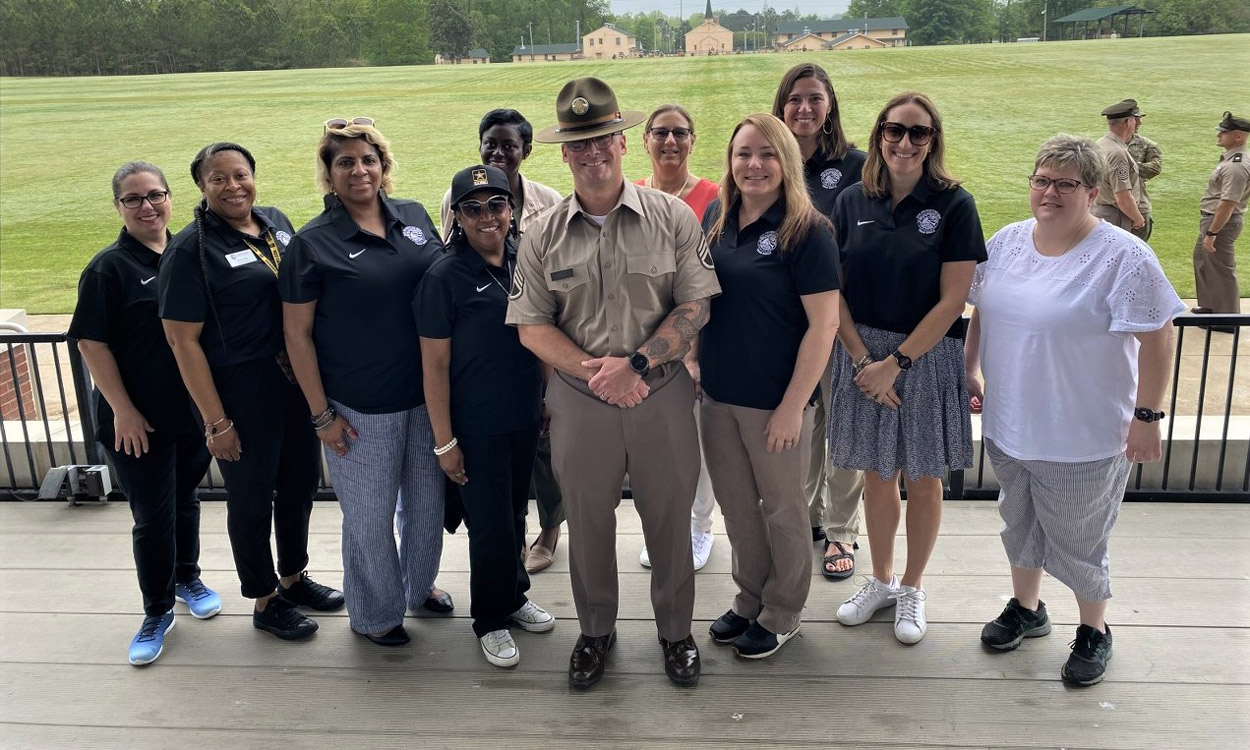Jim Costa awarded Gould Prize from the Society for the Study of Evolution

For Jim Costa, biology professor since 1996 and director of Western Carolina University’s Highlands Biological Station for the past 17 years, the study of evolution has always been one of his main interests and areas of research.
Now, after years of research on the topic including several publications, Costa is being recognized for his work and has been awarded the Stephen Jay Gould Prize from the Society for the Study of Evolution.
Costa was selected for his work to advance the public understanding of evolution and the history of evolutionary thinking, and for his work to promote biodiversity education and conservation through outreach and community engagement.
What makes this award even more special is that Costa knew Gould personally, having served as a teaching fellow under Gould at Harvard in the early 90s.
“As a kid reading Gould’s books and Natural History Magazine columns, I was riveted by the way he communicated scientific ideas and he has been a great source of inspiration for me ever since,” Costa said. “To then have had him as a kind of mentor and now receive a prize named in his honor is truly wonderful, and something for which I am deeply grateful.”
The prize is awarded annually to recognize individuals whose sustained and exemplary efforts have advanced public understanding of evolutionary science and its importance in biology, education, and everyday life in the spirit of Stephen Jay Gould.
The award includes a cash prize of $5,000 and the expectation that the recipient will present the Gould Prize plenary address at the annual evolution society national meeting on June 21 in Albuquerque, New Mexico.
Costa is the author of several scholarly and popular books and other publications on the history of evolutionary biology and explaining evolutionary thinking, focusing on the contributions of Alfred Russel Wallace and Charles Darwin, including "The Annotated Origin" (Harvard University Press), "Darwin's Backyard: How Small Experiments Led to a Big Theory" (W. W. Norton), and his most recent book "Radical by Nature: The Revolutionary Life of Alfred Russel Wallace" (Princeton University Press).
At WCU, Costa teaches courses on biogeography, Charles Darwin’s Origin of Species, and a comparative temperate-tropical ecology field course taught at Highlands Biological Station and Wildsumaco Biological Station in Ecuador.
“Development of scientific insights isn’t a simple linear process,” Costa said. “Science involves twists and turns, advances and dead ends; something that involves cultural elements as well as collaboration. I thoroughly enjoy discussing the works and methods of Darwin and Wallace with my students and helping them dig deeper into their lives and thought to help illuminate science as a process.”

